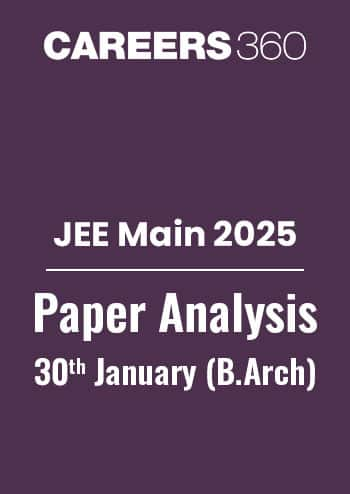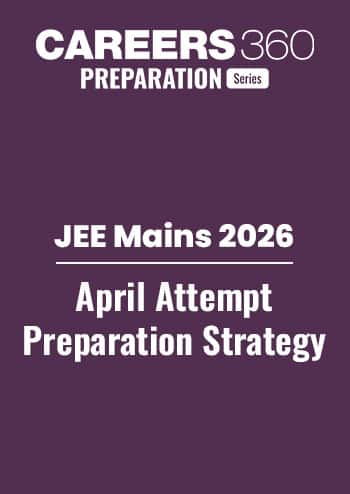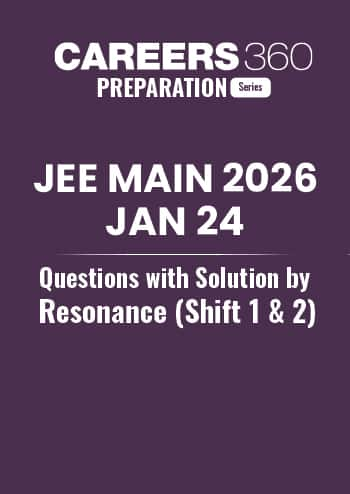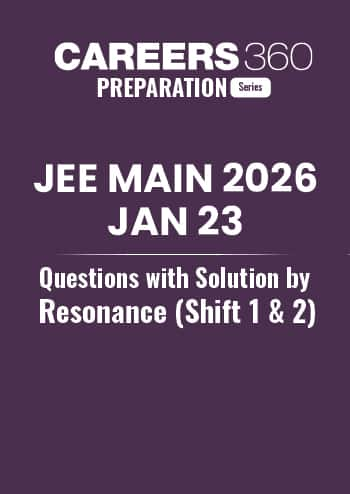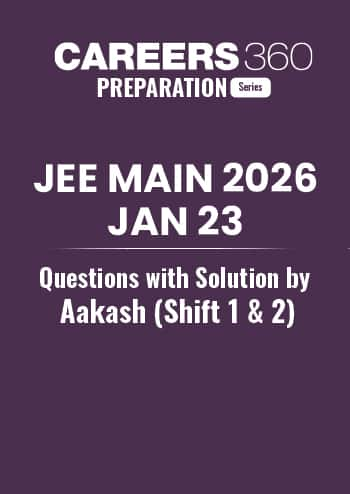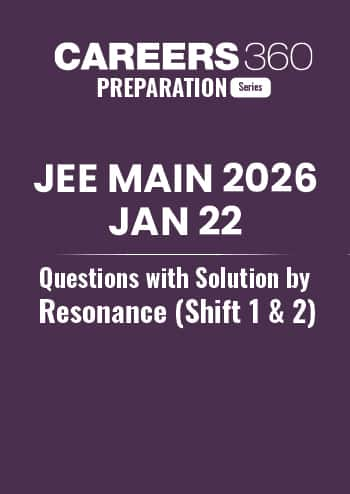Werner's Theory - Practice Questions & MCQ
Quick Facts
-
30 Questions around this concept.
Solve by difficulty
A solution contains 2.675 g of $\mathrm{CoCl}_3 \cdot 6 \mathrm{NH}_3$ (molar mass = 267.5 g mol-1) is passed through a cation exchanger. The chloride ions obtained in solution were treated with excess of AgNO3 to give 4.78 g of AgCl (molar mass = 143.5 g mol-1) . The formula of the complex is (At. mass of Ag = 108 u)
One mole of the complex compound gives 3 moles of ions on dissolution in water. One mole of the same complex reacts with two moles of
solution to yield two moles of
The structure of the complex is
The bond in $K_4\left[\mathrm{Fe}(\mathrm{CN})_6\right]$ are:
JEE Main 2026: Result OUT; Check Now | Final Answer Key Link
JEE Main 2026 Tools: College Predictor
JEE Main 2026: Session 2 Registration Link | Foreign Universities in India
Which has maximum conductance in water?
Concepts Covered - 1
The main postulates are:
- In coordination compounds metals show two types of linkages (valences)-primary and secondary.
- The primary valences are normally ionisable and are satisfied by negative ions.
- The secondary valences are non ionisable. These are satisfied by neutral molecules or negative ions. The secondary valence is equal to the coordination number and is fixed for a metal.
- The ions/groups bound by the secondary linkages to the metal have characteristic spatial arrangements corresponding to different coordination numbers.
He further postulated that octahedral, tetrahedral and square planar geometrical shapes are more common in coordination compounds of transition metals. Thus, [Co(NH3)6]3+, [CoCl(NH3)5]2+ and [CoCl2(NH3)4]+ are octahedral entities, while [Ni(CO)4] and [PtCl4]2– are tetrahedral and square planar, respectively.
Study it with Videos
"Stay in the loop. Receive exam news, study resources, and expert advice!"




